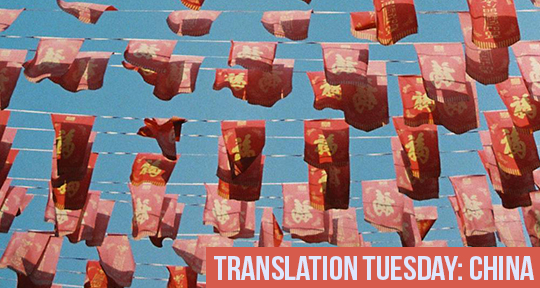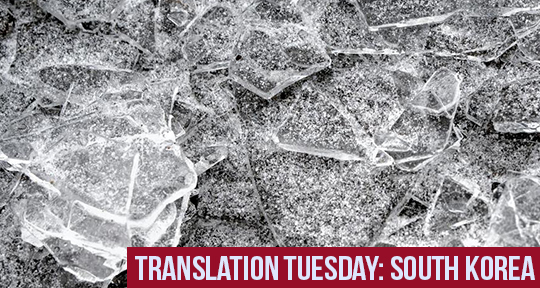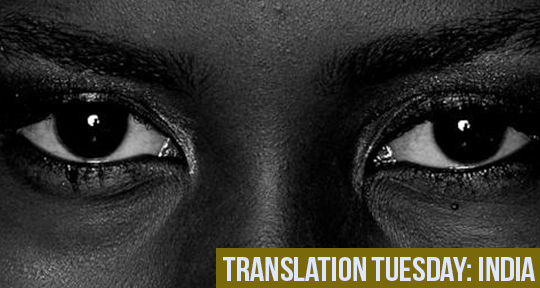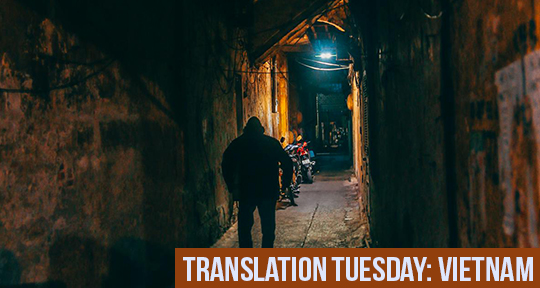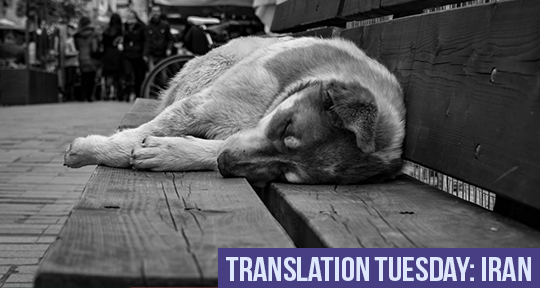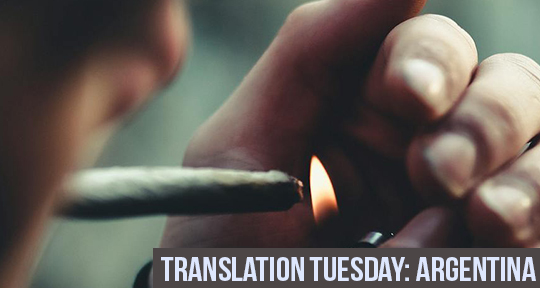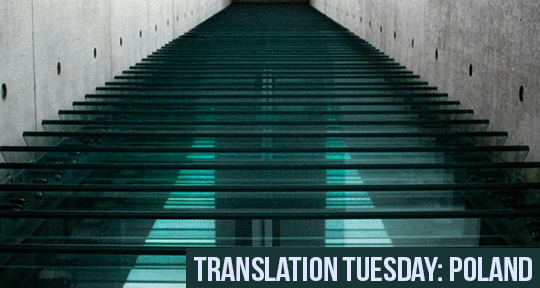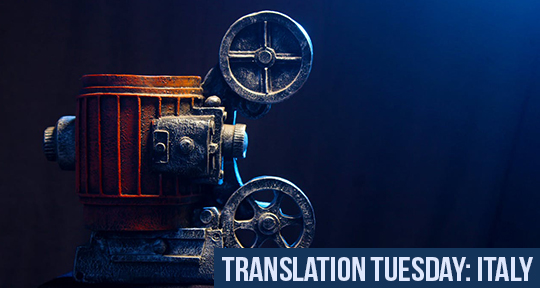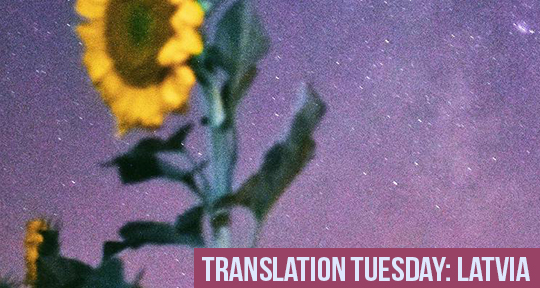Happy Lunar New Year to readers who celebrate! For those of you from Chinese-speaking parts of the world, who have just spent your first day visiting relatives, today”s Translation Tuesday showcase from China focussing on familial relations will surely strike a deep chord. In Feng Jiqi‘s short story, translated by George Dudley, a man on the cusp of marriage faces an ultimatum from his fiancée: buy a house, or consider the relationship over. Without any financially viable way to fulfill this demand, he despairs—until his mother comes to him with a proposal. Should he accept and allow her to once again sacrifice her happiness for his own, or refuse and protect her? Feng Jiqi eschews a simple conclusion, instead giving us several options for how the story ends. The six possible endings form a kaleidoscopic exploration of filial piety, maternal love, romantic love, fate, and the many faces of happiness.
The Story
My mother is the subject of this incident, so I’ll start with her.
She’s a sturdy kind of woman—tall and brown-skinned, with a bun of thick, shiny black hair that dazzles the eyes like a flash of sunlight each time she unties it. Whenever she talks to anyone, there’s always a smile in her eyes that ripples like water in spring. She’ll use her gaze to send warmth to the other person, and never douses bad feelings on them (even when she’s not in a good mood). Anyone who meets her (including small-talkers) finds whatever irritation, sadness, or disappointment they’re carrying disappear as quickly as smoke in the air. She’s a kindhearted, frank, and optimistic person, but she was given a poor lot in life. My father passed away when she was only 40 years old. Though she’d never been considered a beauty in our little mountain village, her wholesome appearance made her very likable. Once she became a widow, all the old bachelors in the village started chasing after her. Some doted on her, some flirted with her, and some made formal marriage proposals. She refused them all. She didn’t drive them off with vulgar tongue-lashings or wave a hoe and sickle at them to prove her commitment. Her answer came through her soft, graceful gaze, her dark eyes slowly turning once, then twice, until they fixed firmly on the man in front of her. Then, with that ever-so-slightly husky mezzo voice she gave only one reply: I won’t marry again.
I’m getting married.

